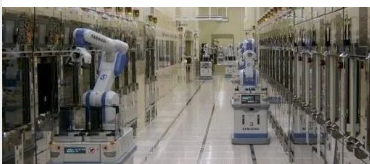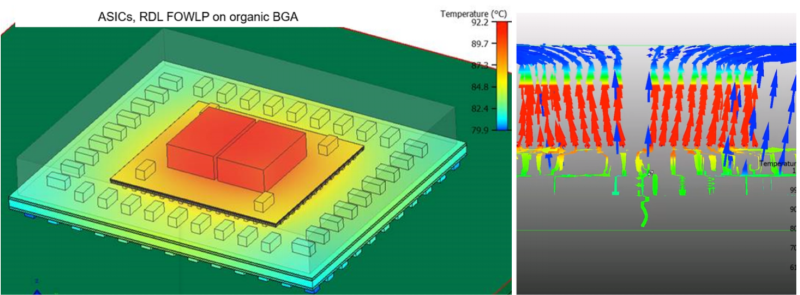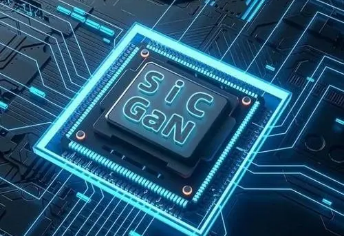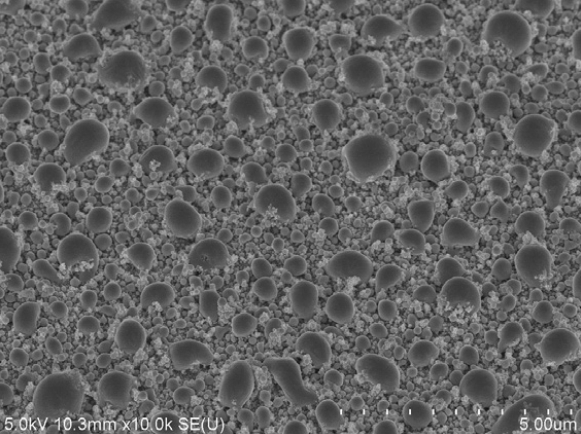South Korea plans to build a semiconductor industry super cluster
The South Korean government on Monday unveiled a plan to build what it called a "semiconductor mega-cluster" south of Seoul by 2047, a plan that would push total investment by Samsung Electronics and SK Hynix Co to 622 trillion won ($472 billion). according to a joint statement from the Ministry of Trade, Industry and Energy and the Ministry of Science, the complex will include multiple industrial parks in southern Gyeonggi Province, with a total area of 21 million square meters and a production capacity of 7.7 million wafers per month by 2030.

Specifically, the South Korean government plans to establish a fabless industrial zone in Pangyo, and build fabs and memory chip production facilities in Hwaseong, Yongin, Icheon, and Pyeongtaek. South Korea has also decided to build an industrial complex for materials, parts and equipment in Anseong and research and development facilities in Kirheung and Suwon. under the plan, the region currently has 21 manufacturing plants and will add 16 more by 2047, including three research facilities. "The early completion of the construction of the semiconductor super cluster will help us gain world-leading competitiveness in the chip sector and provide superior job opportunities for the younger generation," said Minister of Trade, Industry and Energy (MOI) Undergun.
Specifically, Samsung Electronics plans to invest 500 trillion won, including: investing 360 trillion won in the construction of six new fabs in Yongin, 33 kilometers south of Seoul; A 120 trillion won investment in three new fabs in Pyeongtaek, 54km south of Seoul; 20 trillion won will be invested to build three new research facilities in Giheung. SK Hynix will invest 122 trillion won to build four new fabs in Yongin. the Korean government plans to build world-class production capacity based on private investment, focusing on high-end products such as 2-nanometer process chips and high-bandwidth memory. the Ministry of Trade, Industry and Energy also said the 622 trillion won project will create 3.46 million jobs. the South Korean government expects South Korea's occupancy of the global non-memory chip market to rise significantly from the current 3% to 10% by 2030.
With the construction of large industrial clusters, the South Korean government has pledged to support this ecosystem by increasing the self-sufficiency rate of key materials, components and equipment supply chains from the current 30 percent to 50 percent by 2030.












